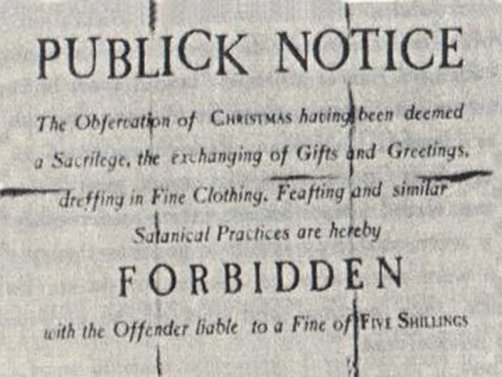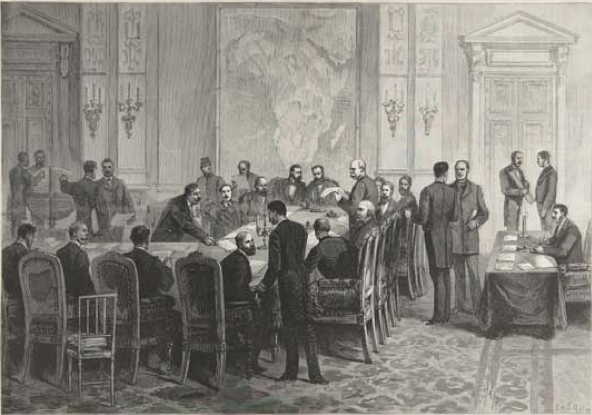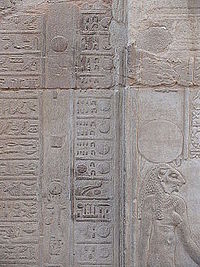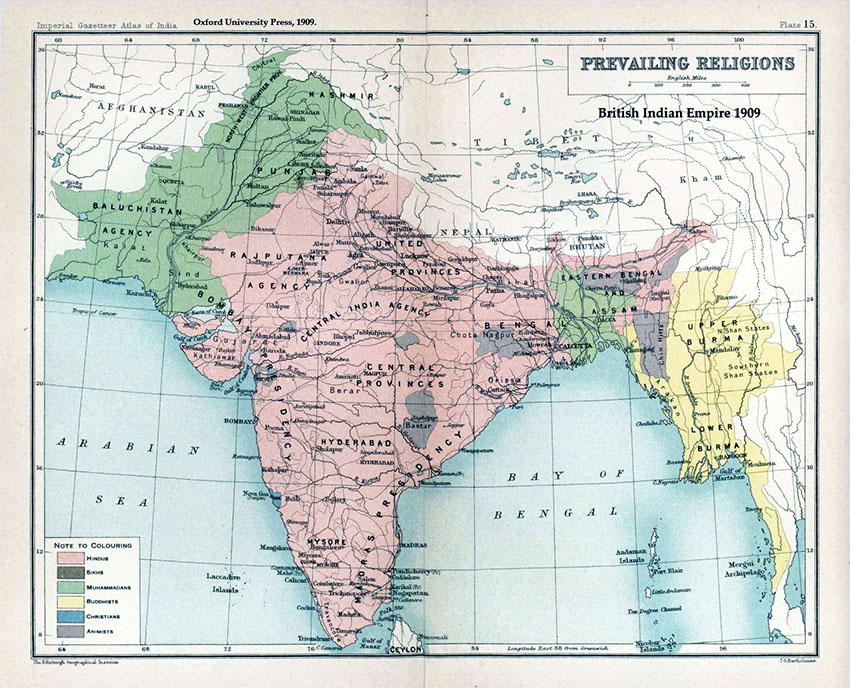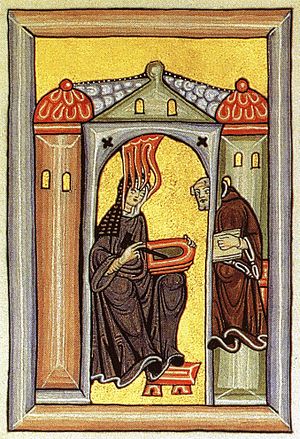“told them that if they made it mater of conscience, he would spare them till they were better informed. … [Later] he found them in the street at play, openly; some pitching the barr and some at stoole-ball, and such like sports. So he went to them, and took away their implements, and told them that was against his conscience, that they should play and others work. If they made the keeping of it mater of devotion, let them keep their houses, but there should be no gaming or revelling in the streets. Since which time nothing hath been attempted that way, at least openly.” Apparently open attempts resumed soon thereafter; in 1659, the Massachusetts Bay Colony passed a law strictly forbidding Christmas observance, saying the law was necessary “for preventing disorders” associated with “such festivals as were superstitiously kept in other countries.”
The Puritan Mayor of Canterbury attempted to enforce a similar ban in 1647 when the Puritan Parliament was governing England, ordering shopkeepers to open for business as usual on Christmas Day. When many shopkeepers disobeyed, the Mayor set out to rebuke them, flanked by soldiers. He got as far as threatening one defiant shopkeeper with the stocks before an angry crowd knocked him down, vandalized the shops which had opened, and began a very rough game of football up and down the streets. Officials and Puritan preachers who tried to stop them were pelted with anything that came to hand; most wisely retreated indoors. Attempts to legally punish the leaders of the so-called “Plum Pudding Riots” were met with furious demonstrations in favor of Anglicanism and the King.
Why did some Christians object so fervently to Christmas? As with most questions of history and religion, the answers are complicated.
 “Mad Mirth”
“Mad Mirth”
The Puritans objected to the way in which people observed Christmas. Some (like Governor Bradford) saw it as an excuse for idleness. Others were concerned about just how that idleness was used. New England Puritan minister Increase Mather lamented that people who celebrated Christmas were “consumed in… revellings,in excess of wine, in mad mirth.” Christmas celebrations often featured heavy drinking and gambling, which the Puritans understandably saw as unwholesome.
There was also controversy over the tradition of wassailing, in which poorer people banded together and went to the homes of the rich, where they sang or put on pantomimes and expected to be given food and drink. Sometimes this seems to have been a pleasant and friendly interchange all round; but fights sometimes developed when the rich folk were unwilling to play host. Puritans were also unhappy with mummers who tramped the streets and visited houses in elaborate costumes, often cross-dressing and sometimes engaging in highly bawdy antics.
Paganism and Power
There was also some actual religious controversy around the holiday itself. Some reform-minded Christians pointed out that the Bible said nothing about Christ’s birth date. They saw Christmas as a thinly disguised pagan revel, given that it fell at the same time as the earlier Roman Saturnalia, which also featured costumes, feasting, bawdy revelry and gift-giving, as well as incorporating other Pagan traditions such as the burning of the Yule log, the setting up of Christmas trees and the hanging of mistletoe.
But their objection may have been to certain Christian groups as much as to Pagans. The battle for Christmas arose in the context of English civil wars with a heavy religious component.
England had broken with Catholicism and established the Anglican Church in 1533 under King Henry VIII. Depending on which historians you believe, this was a cynical move prompted entirely by Henry’s wish to divorce wives as often as he liked until he got get one who’d bear him a son, this was a principled protest against the Catholic Church’s own cynical political moves and repression of freethinkers, or this was some combination of the two. After Henry’s death his Catholic daughter Mary took the throne and attempted to forcibly reimpose Catholicism; after Mary’s death her Anglican sister Elizabeth attempted to forcibly quash Catholicism, which she saw as linked to rebellion; religion and politics were entangled in a way that did no good to either.
Under Queen Elizabeth I people began to speak derisively of “Puritans,” hard-line Protestant reformers who wanted to move the Anglican Church further from Catholicism. Many of the Puritans were “middling sort of people,” yeomen and artisans from the cities eager for a less hierarchical version of politics and religion; some were people of high position, and many found their way into the English Parliament. King Charles I and the Parliament clashed bitterly over issues of religion, economics and politics, and another bloody civil war followed. As in any civil war, all the cultural differences between groups became occasions for violent animosity. This was the backdrop of the Canterbury Christmas Riot, which took place while Parliament was ruling and the King out of power; it was also the backdrop for the emigration of many Puritans to America after the monarchy and the rule of the Anglican Church were restored.
Peace On Earth?
The battles over Christmas didn’t end in one deliberate truce; they seem to have fizzled out over time as the larger wars which had spawned them faded into the past. Nineteenth-century Books like Dickens’ “A Christmas Carol”and (in the US) Washington Irving’s “The Sketchbook of Geoffrey Crayon” are widely credited with giving Christmas a newer, tamer image as a pleasant domestic holiday and an occasion for charity.
For a vivid account of the Canterbury Christmas riot, see
http://www.vaguelyinteresting.co.uk/canterburys-cancelled-christmas-and-the-plum-pudding-riots/
For a closer look at the pagan roots of some Christmas traditions, see
https://www.thoughtco.com/history-of-yule-2562997
For a glimpse of the history of Christmas controversy in the early US, see
http://www.newenglandhistoricalsociety.com/wont-go-get-new-england-colonial-christmas-traditions/
For a brief look at the history of the Puritans, see
http://bcw-project.org/church-and-state/sects-and-factions/puritans]]>
